Marisa Wojcik:
Welcome to Noon Wednesday. I’m multimedia journalist Marisa Wojcik from Here & Now. And joining me today is Sabrina Madison aka “Heymiss Progress.”
Sabrina Madison:
Yes, yes. Thank you.
Marisa Wojcik:
So, Sabrina has quite the resume. Among her many initiatives most recently she founded the Progress Center for Black Women. And Sabrina was also just added to Essence magazine’s “Most Woke 100 Women.” It’s a list that’s highlighting the top 100 black women that are change agents across the country.
Sabrina Madison:
Yes.
Marisa Wojcik:
So.
Sabrina Madison:
Yes, yes, yes!
Marisa Wojcik:
Very cool.
Sabrina Madison:
So excited about that.
Marisa Wojcik:
Well, thanks for being here.
Sabrina Madison:
Thanks for the invite.
Marisa Wojcik:
So, you’re on that list with, like, some heavy hitters, right?
Sabrina Madison:
Whew!
Marisa Wojcik:
Tarana Burke, the founder of the “Me Too” movement. Kerry Washington, actress, co-founder of “Time’s Up” campaign, among many, many others. So like, how does that feel?
Sabrina Madison:
It feels… I dunno. The first thought is empowering. Because I’m on a list with people who are, I mean, their change is on like a global scale right now. And to so, to sit on a list with Kerry Washington or “Little Miss Flint” who got really popular for handing out all the, the water over at Flint, Michigan. That’s just empowering. So to have Essence magazine sort of stand behind, not only myself, but those 99 other women, says that they support folks who are empowering others. And so, why not empower us too?
Marisa Wojcik:
Very cool.
Sabrina Madison:
It’s exciting. It’s still sinking in.
Marisa Wojcik:
So in October you launched the Center?
Sabrina Madison:
Yep.
Marisa Wojcik:
What’s your mission and what are the projects that you have going on?
Sabrina Madison:
So the mission of the power is super simple. To create value and opportunities for black women and families. Black women, especially. I created it out of… I had already created the Black Women’s Leadership Conference, the Black Business Expo, and a youth conference. And so I figured, I wanted to find a more stable way to sort of plant myself here, and that work here to benefit black women and families long after I’m no longer here. And so, primarily we do leadership work. We’ll kick off an accelerator titled “AMBITION,” because black women are super ambitious. And we’ll also continue to grow the entrepreneurial works. We put all the expos every summer and every Black Friday. And then we’re also partnering with the Urban League this summer to put on a combined event because it’s their 50th year anniversary. But we’re going to create a black collaborative space this fall as well. And in that space, entrepreneurs will have the opportunity to work hands on with folks who are experts, whether it’s web development, social media, how to write a press release, so, so yeah. We’re putting people to work.
Marisa Wojcik:
Very cool, so… Specifically in Wisconsin, what are the most alarming gender and racial disparities?
Sabrina Madison ojcik:
Whew! Well, one I guess, it’s two big things stick out. I’m always hearing or always coming across a list where it says Madison or Wisconsin is one of the best places to live. Well, when you look at the black family, you look at it as the worst place to raise a child of- you know, a black child. It is the worst place for a black man who are incarcerated. So, where it may be the best place to live… Best place to get a job…. If you’re black, it is one of the worst places and probably most toxic place to live. And so, that is really alarming. I mean, especially, raising a young black man, who is actually a brilliant adult now. So that’s always something that sits with me. And then here, locally, in Dane County, when I came across the fact I think in 2016 I learned that black women in Dane County on average earn 57 cents on the dollar. And Latina women were at about 48 cents on the dollar. And then white women are 85 cents on the dollar. Compared to that full dollar. No wonder evictions are high. No wonder there are a lot of families doubled up. No wonder folks can’t afford childcare. Cause 57 cents on the dollar, there’s not barely enough room to pay rent. And save, and even take a vacation. So those are two things, two facts that sort of propelled me into the work full-time.
Marisa Wojcik:
And, so, we were talking about how a lot of conversations on these issues happen? But what are the actionable things?
Sabrina Madison:
So often, and folks who know me well enough know, I’m always complaining about this but there are always… There is always a conversation to be found, talking about the issue. But I haven’t just yet seen this city say, “Hey, we’re going to have a comprehensive plan to address this issue.” State-wide, county-wide, city-wide… They sort of invest in pockets. And not to say that’s all together a bad thing, but there are so many dollars that are just being spent talking about it. And if you get folks who are on the ground like myself and others in this community, who are having real change and what… Just imagine if you sort of invested a million dollars into our project, what that would mean for this city, this county, this state. You know, ten, twenty years from now. And how we can, you know, change some things so…
Marisa Wojcik:
And speaking of dollars? You funded this by yourself.
Sabrina Madison:
Yeah, basically. I mean- I always say, the community has been my partner. Like the community here has been like, almost like my family too. But I quit my job in 2016, after like ten years, honestly just like to go to work for black women and families. Because I felt like, there wasn’t anyone just yet who had made these folks or these women their primary focus 100%. And so I was like, you know what? I’m going to do this. I’m going to raise $150,000 dollars, to at least get me to the point where I can pay myself and fund the sort of like developing of the rest of the project. And to find a space to start talking about how we want to build out a space in about five years total. Hopefully we can go sooner than that. But we’ll come back soon and announce a second go. In which we will literally, physically purchase a property and build it out as the Center’s home. Because I think that black women especially need a place that feels like their own. That they can build out of, create in, and that they have ownership of, if that makes sense. So here, most of the time we are in a space creating, doing, presenting. You’re in someone else’s space. In a borrowed space. Or a rented space. And you’re not in a space where- This is a black woman, providing the space to you.
Marisa Wojcik:
And the Center also aims to have small loans to women?
Sabrina Madison:
Yes! That is one of the most important things is because… Often I get contacted where they’re not asking me, for like, “Hey, I need $5,000 dollars.” It’s, “I need $800 dollars to keep me from being evicted.” “I need $50 dollars to buy school uniforms.” So our goal- this is the longer-term goal. But at the end of the day we want to provide small dollar loans. Either in partnership with a credit union. Or some way, we just provide it ourselves, and women would pay us back over a longer period of time in small increments. So we can continue to loan out more money. Because sometimes it’s $50 that saves you. It’s $800 dollars that keep you off the street.
Marisa Wojcik:
So the Center has a local side now. But is this a state model? Is this a national model?
Sabrina Madison:
So early on, when I started planning, I thought about it in a national model way. I just wasn’t prepared for the rest of the country to see this in a national model way. So that was like a learning lesson for me. But the goal is… Get our physical space up and going here. I do have, like I haven’t shared… I’m just sharing it for the first time here. But we’re moving to our first physical space in the fall. And then, we’ll work out the plan to buy the bigger space. But I do intend to duplicate this a couple times more, in the next five to ten years. In other similar size states or cities with similar issues.
Marisa Wojcik:
And it would be tailored for that community?
Sabrina Madison:
Yep, yep because if you even look at a place like Austin, Texas: tech communities really thrive, but poverty is really high. And when you drive into the city, you’re bombarded with it. And I don’t think everybody sees that you have to want to see it to know that it exists. But when I’m there, immediately, I’m seeing a whole entire family living under some overpass or something, where everybody else is like on their phones, looking at the schedule.
Marisa Wojcik:
So speaking of the tech community, is that an industry you want to see more women of color joining?
Sabrina Madison:
I do! That’s one reason why we’re bringing Morgan DeBaun from Blavity. So Blavity is one of the biggest media sites targeting black millennials. And here in Madison where tech is very much white and male, I need young black women and young black men especially to see someone like a Morgan. Because if they don’t see themselves reflected back in that kind of industry… Who knows? You know they don’t ever-it may never cross their mind that this could be something that they could do too. Like my son… My son works for a pretty large employer here. Here’s a software engineer. And had he not saw someone else online put their entire album out on a website that they built, he probably never would have thought of himself as being someone who can code and build websites. So, yeah.
Marisa Wojcik:
So really quick, you said this is a really long answer but–
Sabrina Madison:
Sure…
Marisa Wojcik:
What is the origin of Heymiss Progress?
Sabrina Madison:
Oh, yay! So in this time that we have… Explanation is that… So my dad was very much a black history buff. And so there is a quote by Frederick Douglass that there is no progress without struggle. And so, I unfortunately lost my dad when I was about ten years old. He overdosed. And so, when I was little he referred to me as his Little Miss Progress that came out of this struggle. And so that always stayed with me. So when I got into the poetry scene and started slamming here, I wanted something that would protect Sabrina Madison. And sort of take this other person on stage. And I thought about that. Explanation for my dad. So I would sort of take my Dad on stage with me, and come offstage and be myself again. Because sometimes poetry can be really emotional, really tough. You want to separate yourself from who you are on stage.
Marisa Wojcik:
So it’s a persona.
Sabrina Madison:
Yeah, it’s like “Hey, Miss Progress!” Because I would hear folks yell at me, when I, you know, a little kid or whatever. “Hey, Miss Progress.” And so I just tailored… And I sat on that for years. Like I really didn’t share it. I didn’t even really share it when I was doing poetry. But I knew personally, that I was sort of… I was using my dad as the way to sort of just get on stage and just go. Just do it. And then get off stage and be back Sabrina. Yeah, so.
Marisa Wojcik:
And so now we’re moving forward.
Sabrina Madison:
So everything, even like my brand “Heymiss Progress.” And then keeping the progress into the Center’s name. It’s all honestly a throwback to my dad. Because he meant a lot to me. And to lose him so young. I always think about what could have been. You know… had he been alive.
Marisa Wojcik:
Well, thank you so much for being here.
Sabrina Madison:
Thank you!
Marisa Wojcik:
We really, really appreciate it.
Sabrina Madison:
Thank you, I appreciate it.
Marisa Wojcik:
If you like this interview, please share it. Please add your comments below. And be sure to check out more from Here & Now on Wisconsin Public Television by visiting WPT.org. And thanks for joining us at Noon Wednesday.
Search Episodes

Donate to sign up. Activate and sign in to Passport. It's that easy to help PBS Wisconsin serve your community through media that educates, inspires, and entertains.
Make your membership gift today
Only for new users: Activate Passport using your code or email address
Already a member?
Look up my account
Need some help? Go to FAQ or visit PBS Passport Help
Need help accessing PBS Wisconsin anywhere?

Online Access | Platform & Device Access | Cable or Satellite Access | Over-The-Air Access
Visit Access Guide
Need help accessing PBS Wisconsin anywhere?

Visit Our
Live TV Access Guide
Online AccessPlatform & Device Access
Cable or Satellite Access
Over-The-Air Access
Visit Access Guide
 Passport
Passport


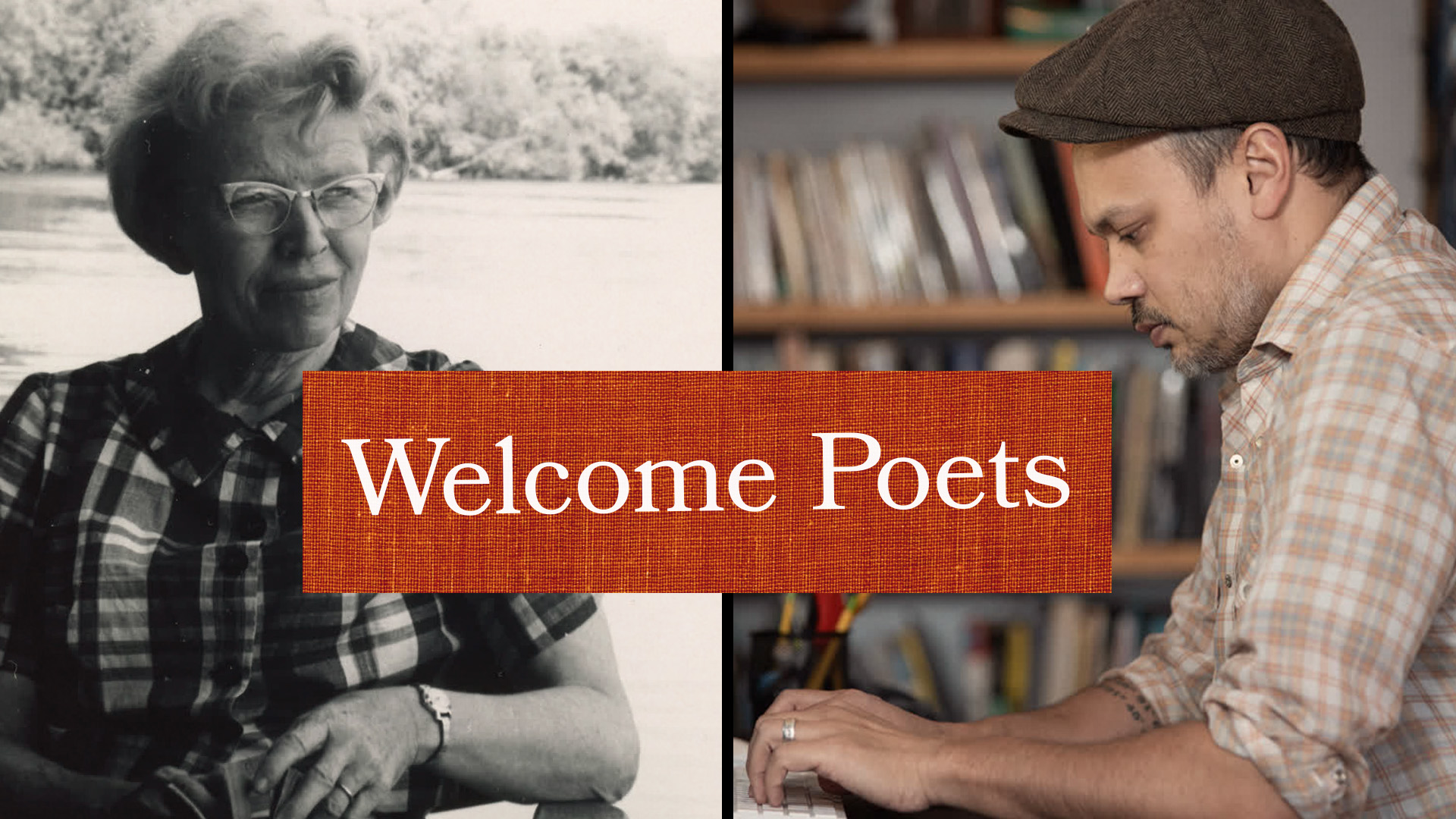
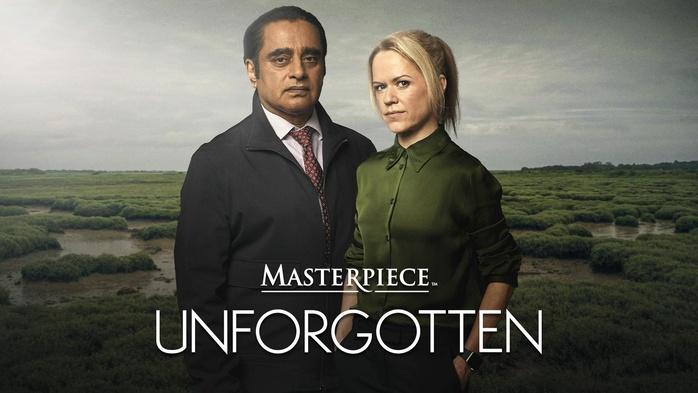

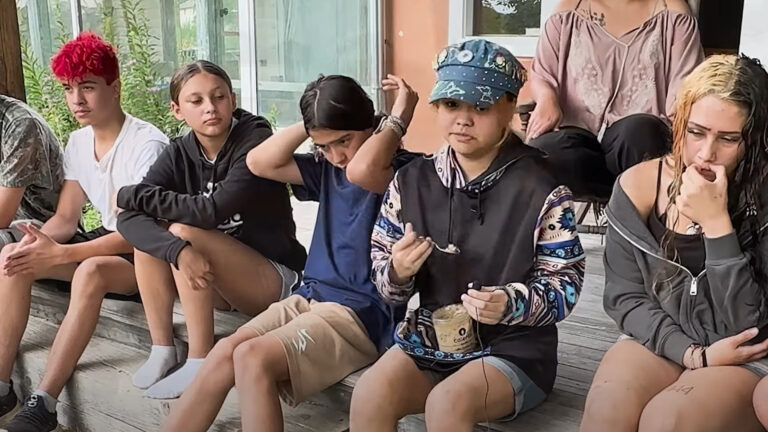
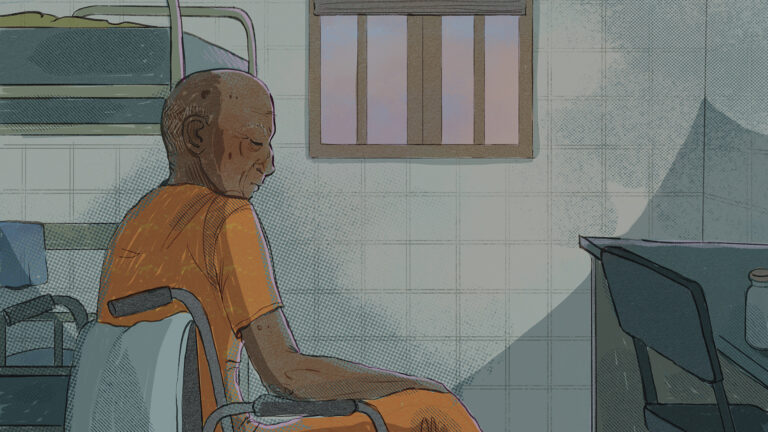
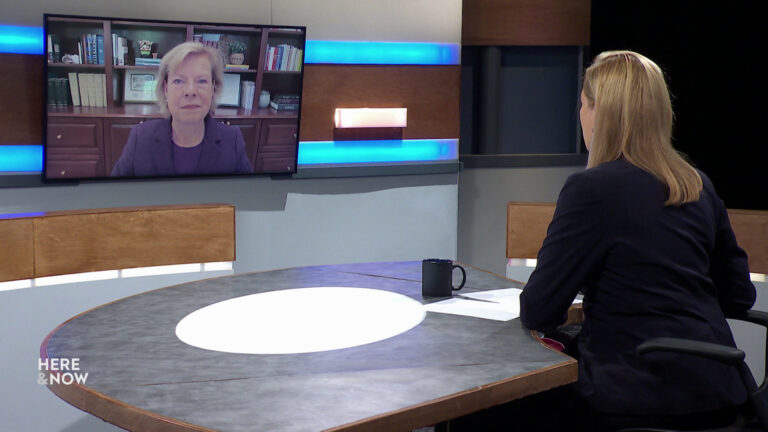
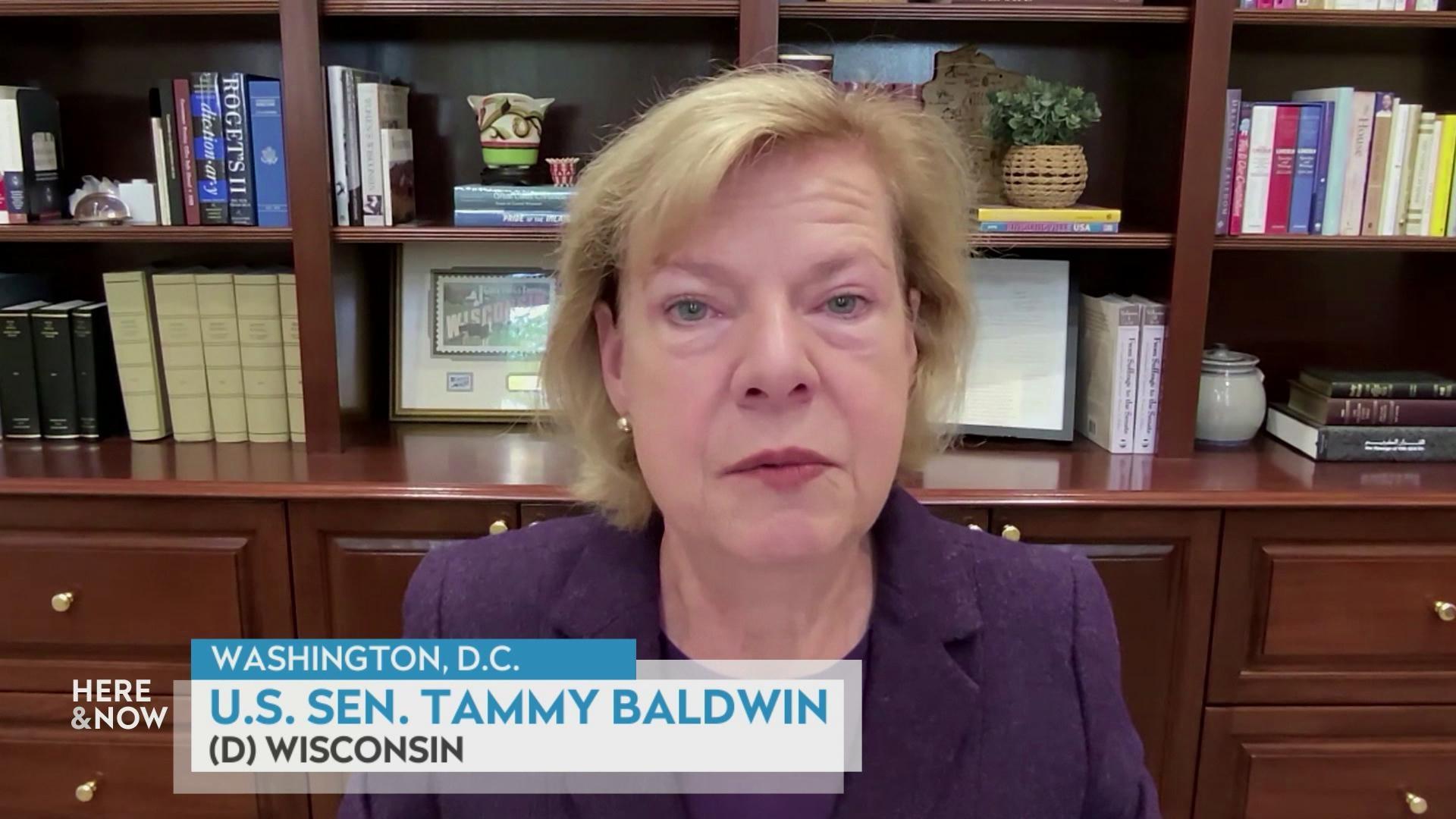
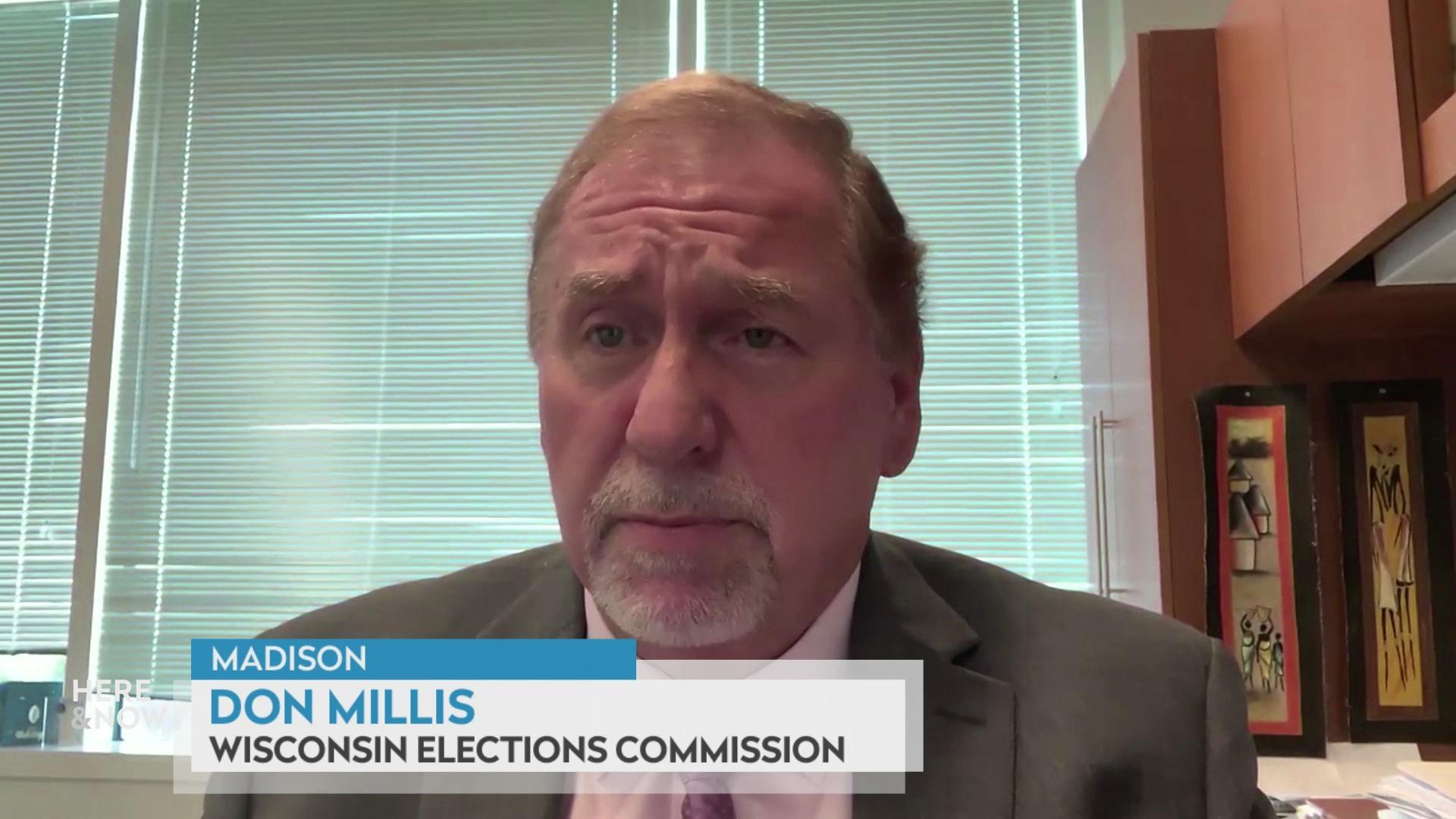
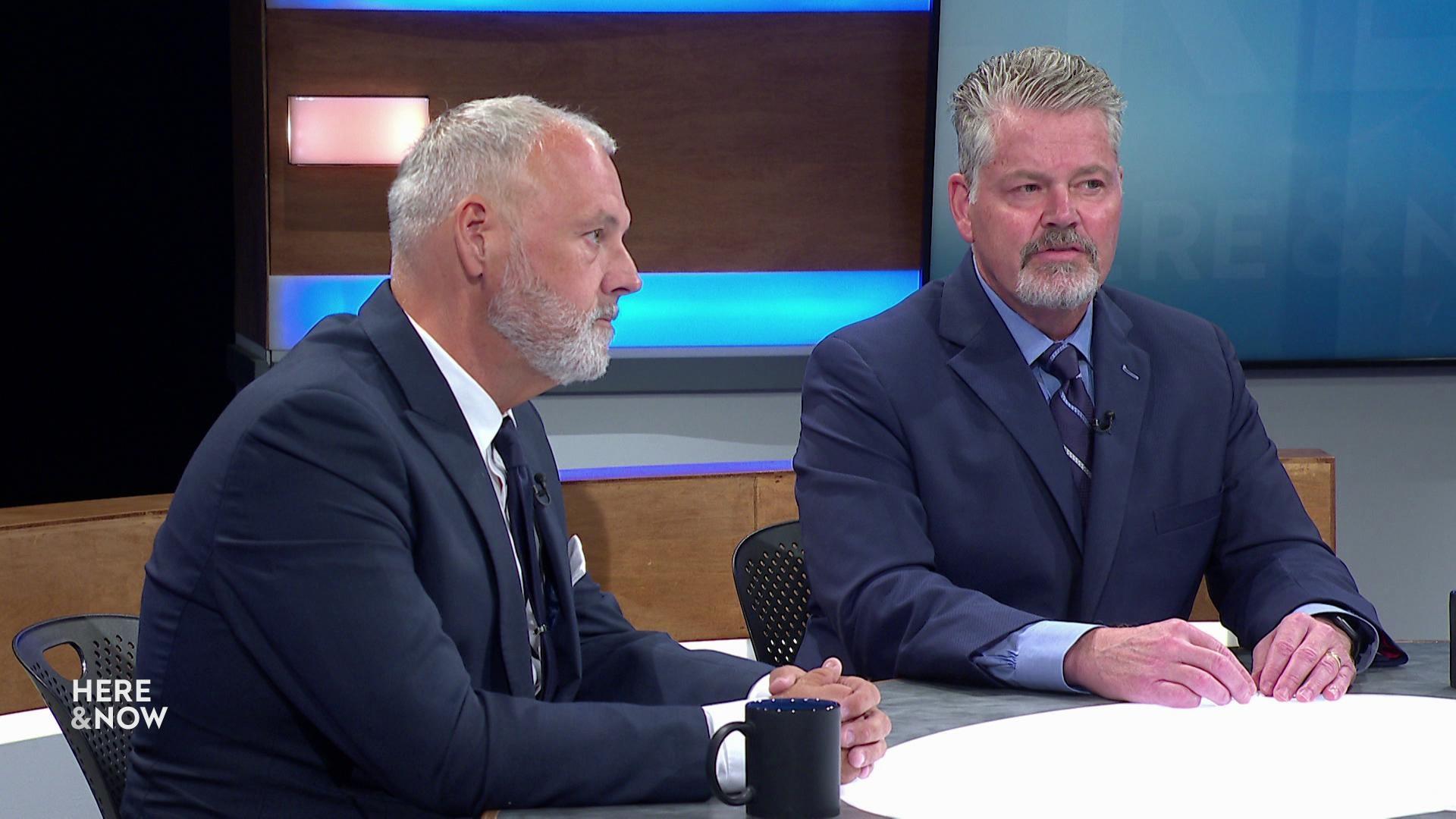
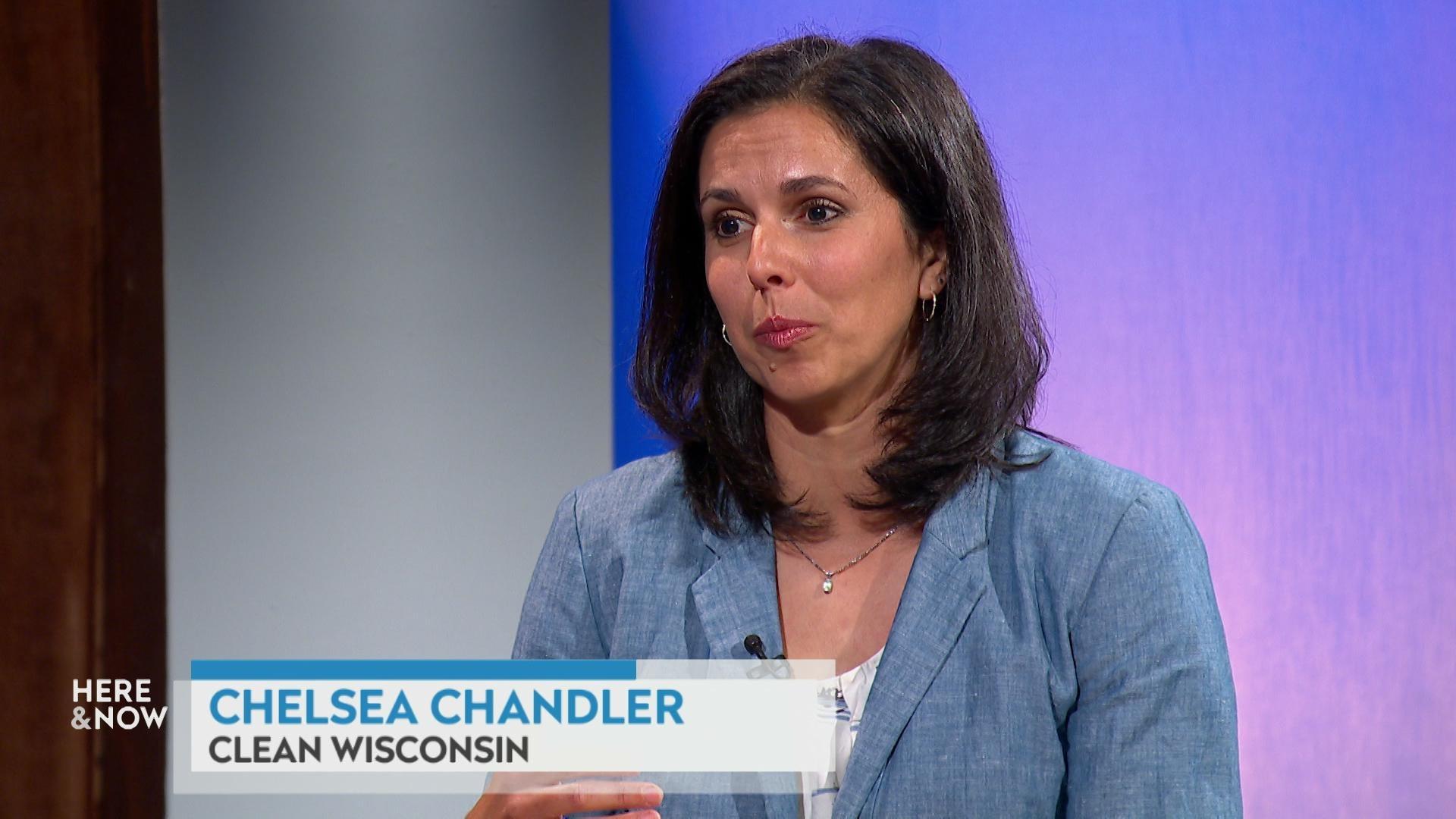
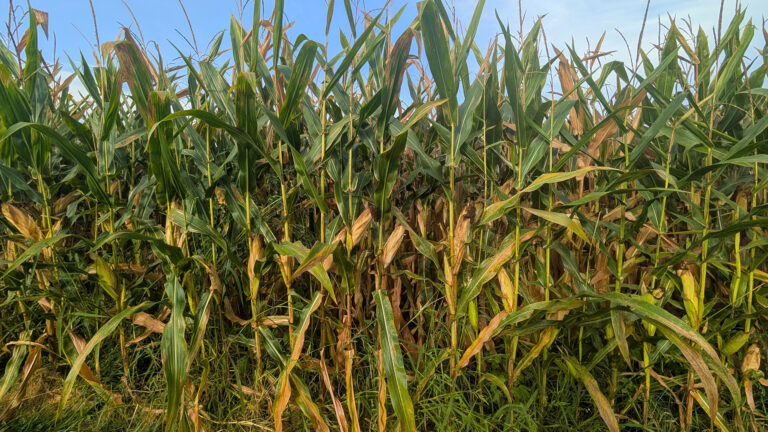
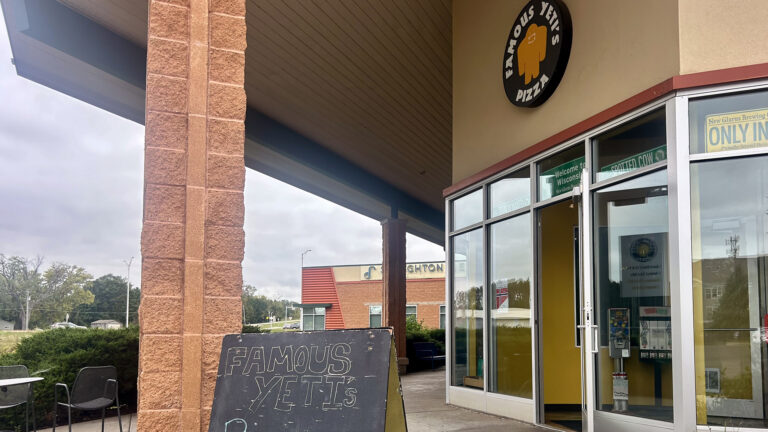
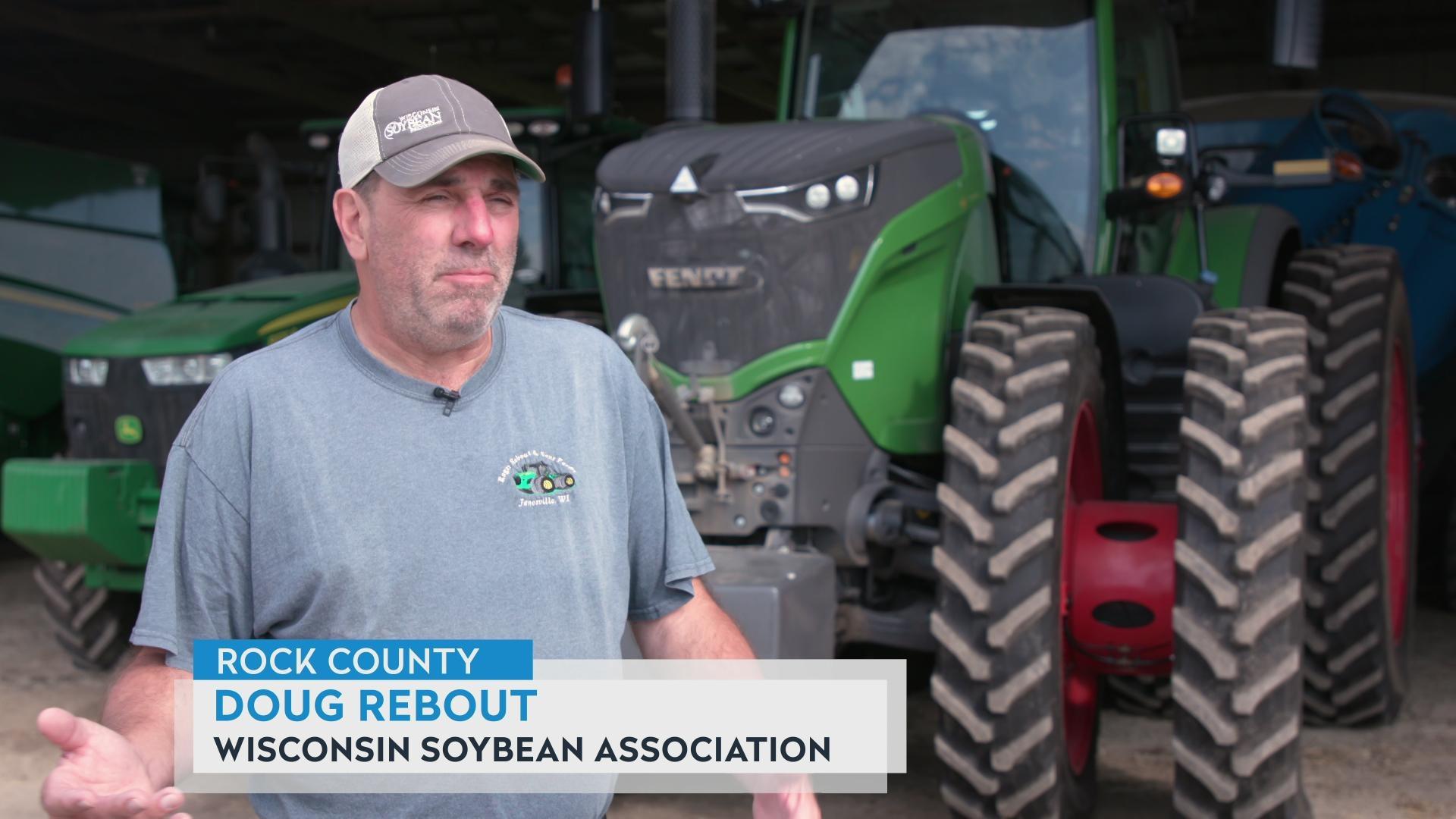
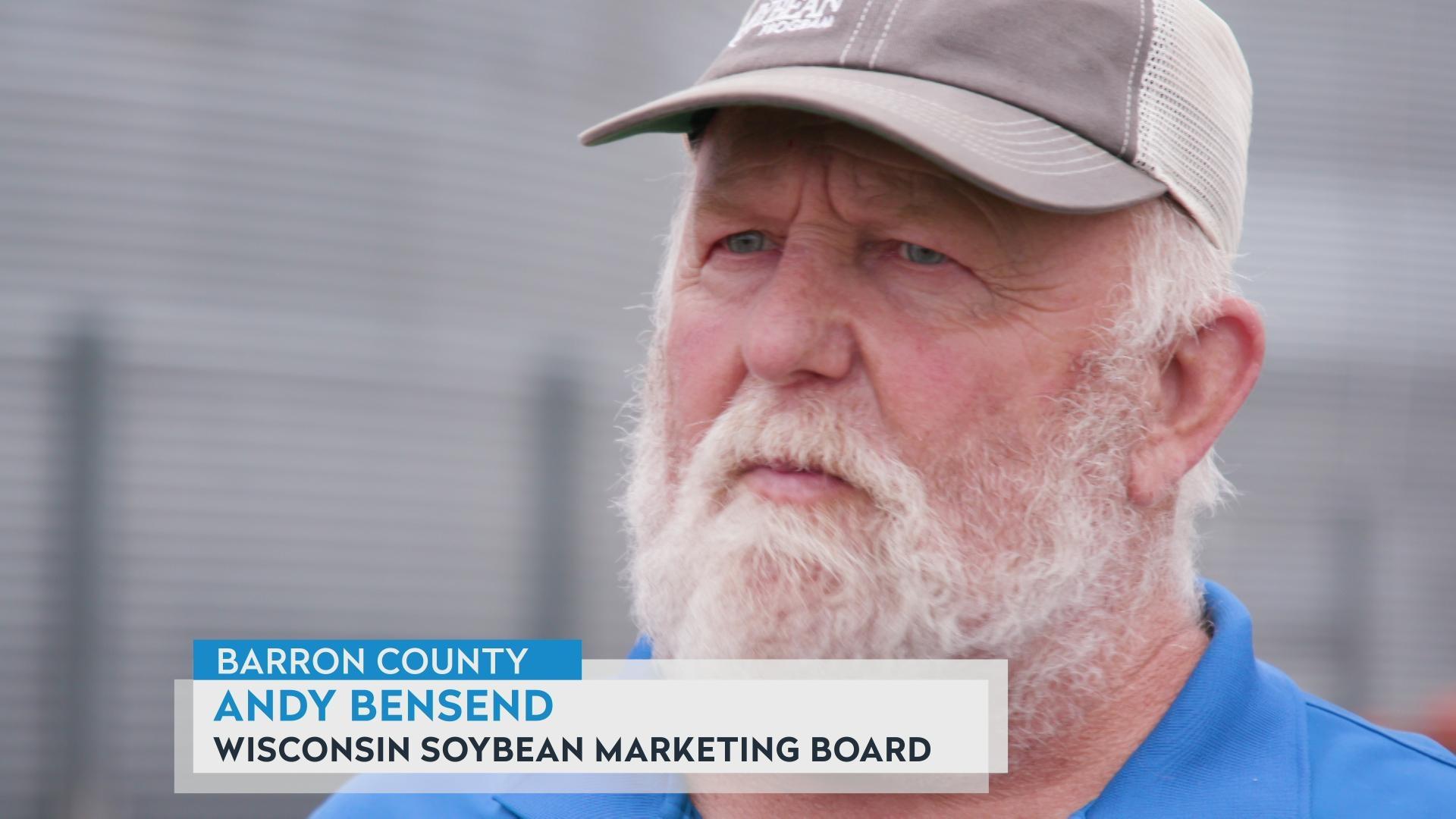


Follow Us